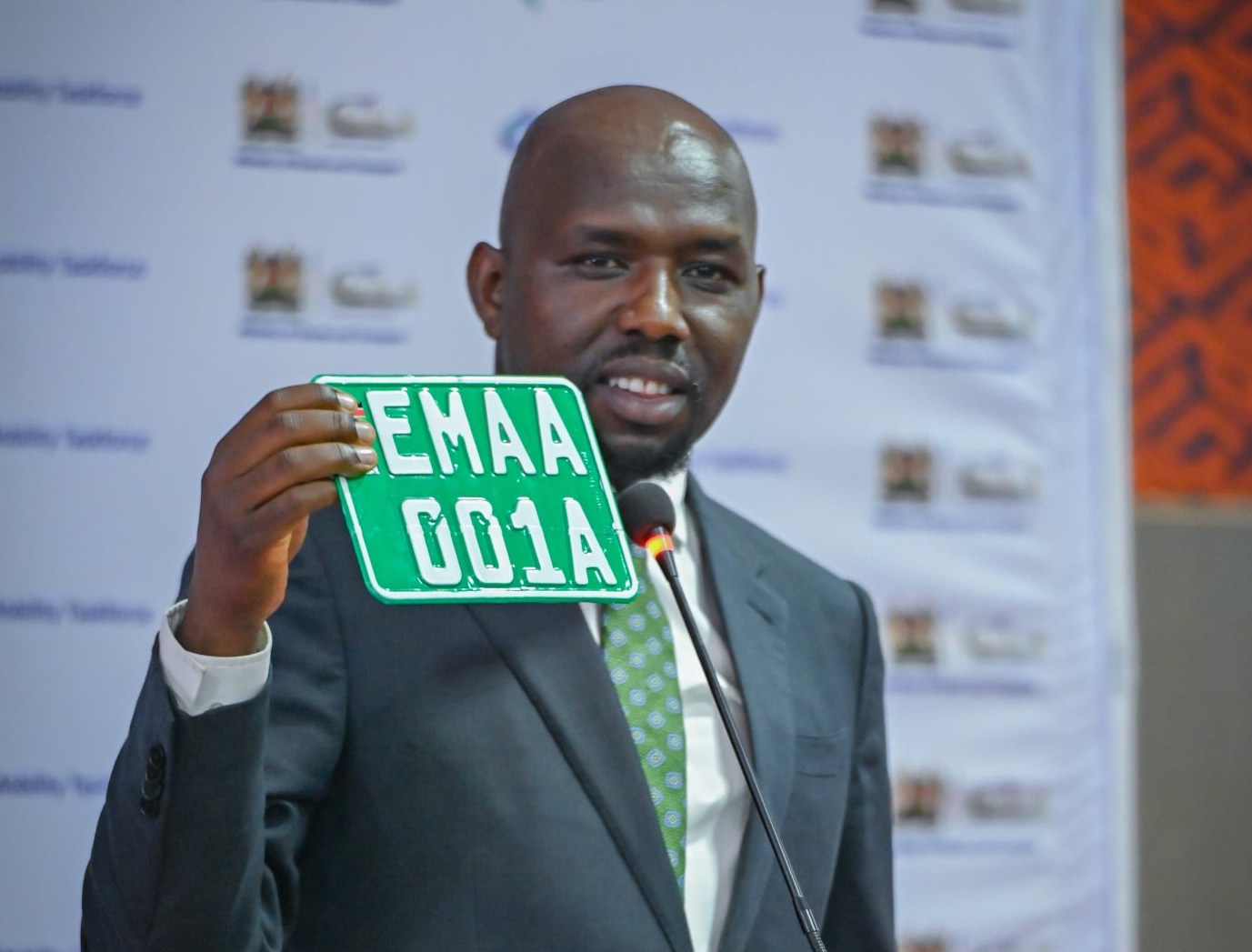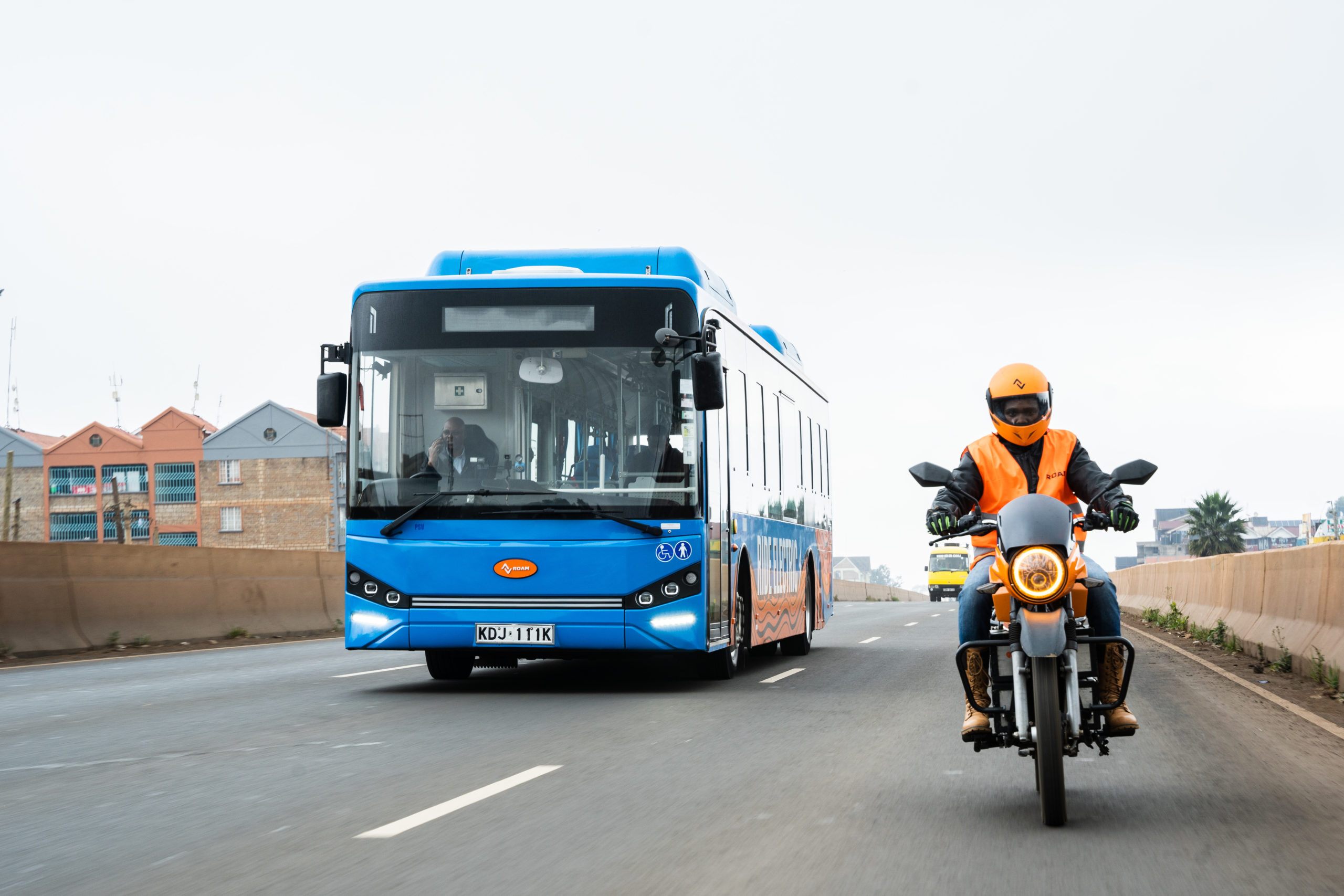Kenya has launched a national e-mobility draft policy to promote the local manufacturing and assembly of electric vehicles (EVs). The initiative arrives when Kenya lacks the factories or expertise to build EVs entirely within the country.
If approved, the policy will enforce zero-emission vehicle (ZEV) sales targets and investment criteria for car manufacturers and assemblers to qualify for government incentives. The policy will also establish clear requirements for local content (using locally sourced materials) in EVs that will be implemented gradually. The policy will further facilitate the production of EV components and support local battery manufacturing, recycling, and repurposing efforts.
[ad]
At the launch of the draft policies, Kipchumba Murkomen, Kenya’s transportation cabinet secretary, noted that “the shift to electric vehicles significantly cuts emissions of greenhouse gases while reducing the petroleum import bill, currently standing at KES 628.4 billion ($4.8 billion). It will also promote local manufacturing and create jobs.”
To further promote EVs, Kenya has started issuing green-coloured number plates. The initiative aims to “raise awareness about EVs among the general public and encourage more people to consider switching to e-mobility,” Murkomen added.

The policy, launched in collaboration with the trade and investment ministry, will glean from the expertise of the private sector, international investors, and academic institutions to build the necessary EV infrastructure.
Kenya is a key player in African e-mobility, attracting prominent EV manufacturers. BasiGo, an electric bus company backed by the CFAO Group, is one of the pioneers of e-mobility in the country. The company’s electric buses serve Nairobi residents as commuter vehicles, popularly referred to as matatu. ROAM Motors, is also introducing electric buses for Nairobi’s bus rapid transit (BRT) system, but is currently offering electric motorbikes nationwide.
Ride-hailing companies have also joined the e-mobility movement in Kenya. In 2023, Uber partnered with Greenwheels Africa for electric motorbike rentals. Likewise, Bolt has invested over KES 100 million ($770,000) to integrate e-mobility solutions into its services.






















